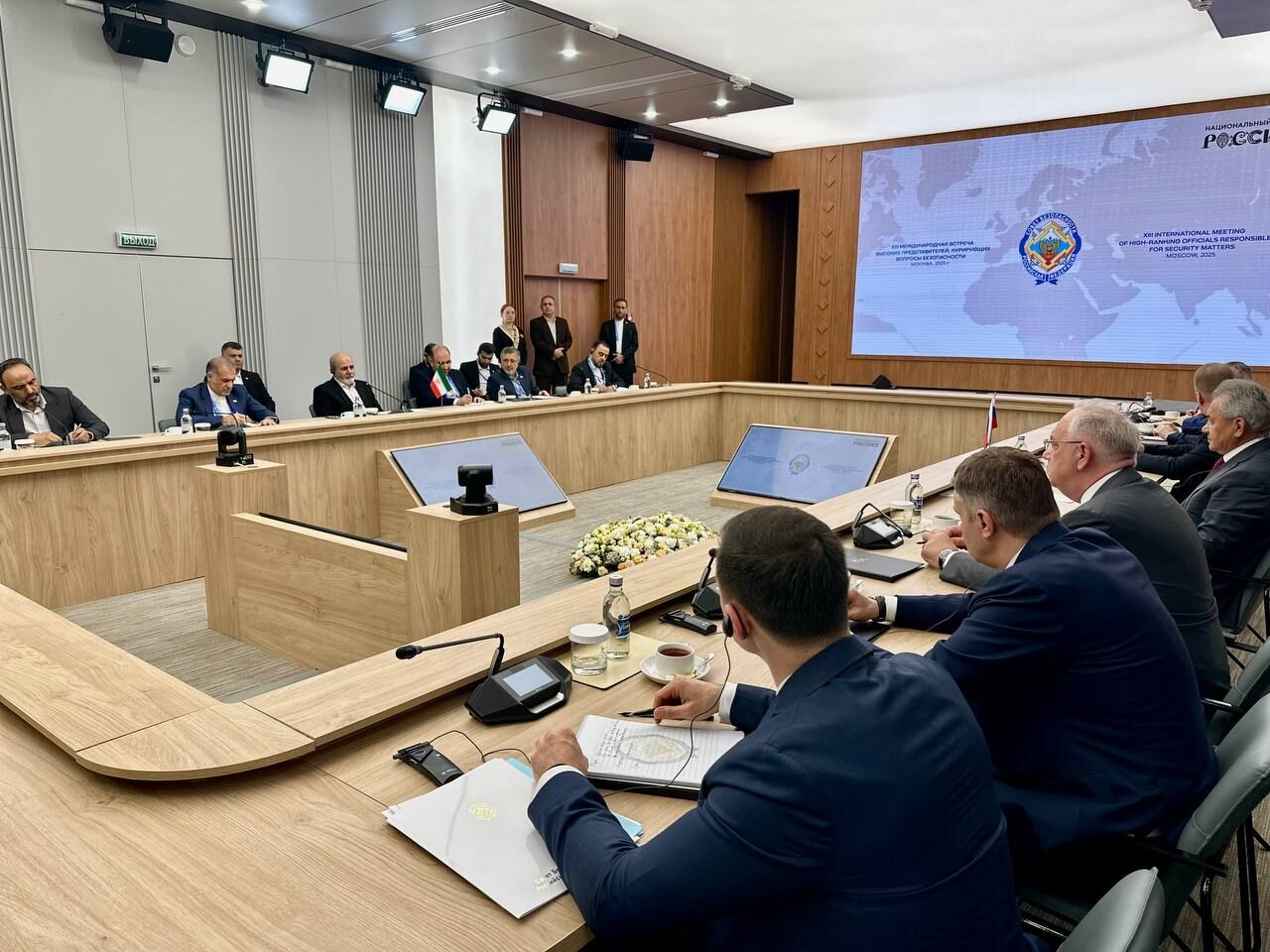
Similar Posts
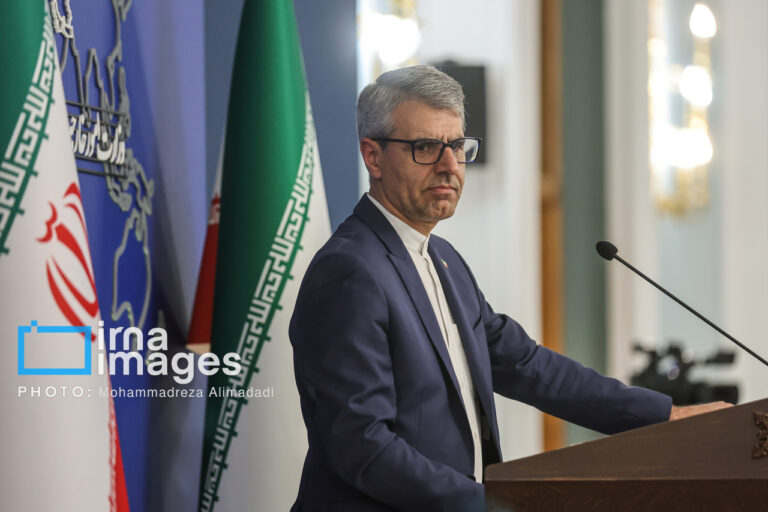
Iran Embraces P.K.K. Leader’s Urgent Call for Disarmament
The Iranian Ministry of Foreign Affairs has endorsed P.K.K. leader Abdullah Ocalan’s recent appeal for disarmament, marking a significant step towards regional peace. Spokesperson Esma’eel Baqayi highlighted Iran’s support for initiatives that aim to terminate terrorism and enhance security in Turkey. Ocalan, imprisoned since 1999, urged his followers to disarm and dissolve the P.K.K., a group classified as a terrorist organization by Turkey. His message, conveyed in Kurdish and Turkish by visiting pro-Kurdish politicians, is seen as a pivotal moment that could reduce violence in the region and foster unity among P.K.K. supporters.
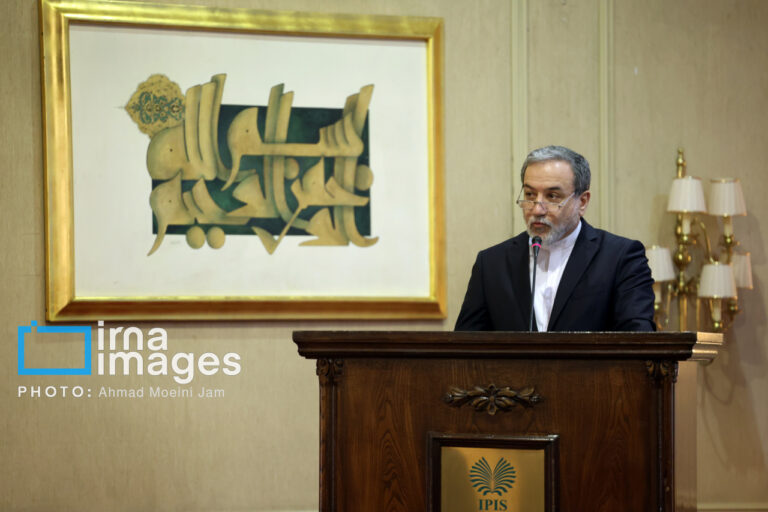
Iran Slams Politically-Motivated Efforts to Rename the Persian Gulf
Iranian Foreign Minister Abbas Araqchi has condemned attempts to change the historically established name of the Persian Gulf, viewing them as politically motivated actions reflecting hostility toward Iran. He emphasized that Iran respects the use of alternative names but insists that altering the Persian Gulf’s name is offensive to all Iranians. Araqchi noted that U.S. President Trump acknowledges the name’s historical significance, which has long been accepted internationally. Reports suggest Trump may announce a name change during his visit to Saudi Arabia, a move that could provoke strong backlash in Iran amid ongoing nuclear negotiations with the U.S.
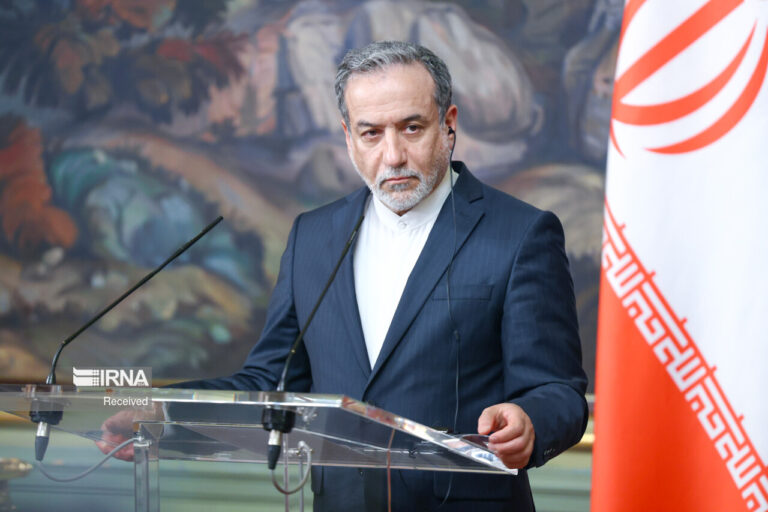
Iran’s Araqchi Signals Willingness for Respectful Engagement with U.S. in Canceled Speech
Iran’s Foreign Minister Abbas Araqchi expressed the country’s readiness to engage with the U.S. based on mutual respect, in a scheduled address at the Carnegie International Nuclear Policy Conference, which was ultimately canceled. Araqchi’s key points included Iran’s commitment to the Nuclear Non-Proliferation Treaty, opposition to nuclear arms, and advocacy for a nuclear-free Middle East. He emphasized the need for diplomacy and a new agreement that safeguards Iran’s interests post-JCPOA, while addressing misconceptions about U.S.-Iran relations. Araqchi concluded that constructive engagement requires respect for Iran’s cultural identity and historical context.
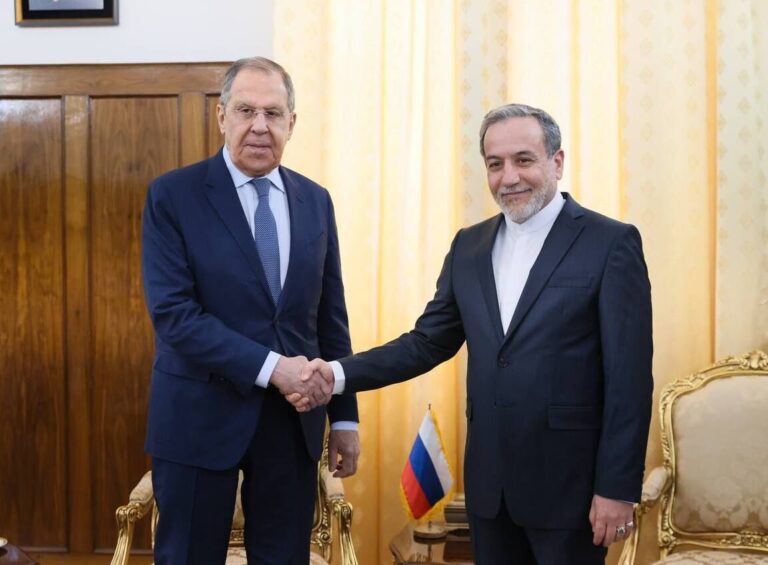
Russia’s Lavrov Meets Iranian Officials in Tehran: Key Diplomatic Talks Unfold
Russian Foreign Minister Sergei Lavrov has arrived in Tehran for important discussions with Iranian officials, focusing on enhancing bilateral relations and addressing regional issues. His talks with Iranian Foreign Minister Abbas Araghchi will cover boosting trade and economic cooperation, particularly in energy and transport, and pressing international matters such as the situations in Syria, the South Caucasus, Afghanistan, Yemen, and the Persian Gulf. They will also discuss efforts to revive the Iran nuclear deal following the U.S. withdrawal in 2018. This visit follows Iranian President Massoud Pezeshkian’s meeting with President Putin and comes after new U.S. sanctions on Iran.
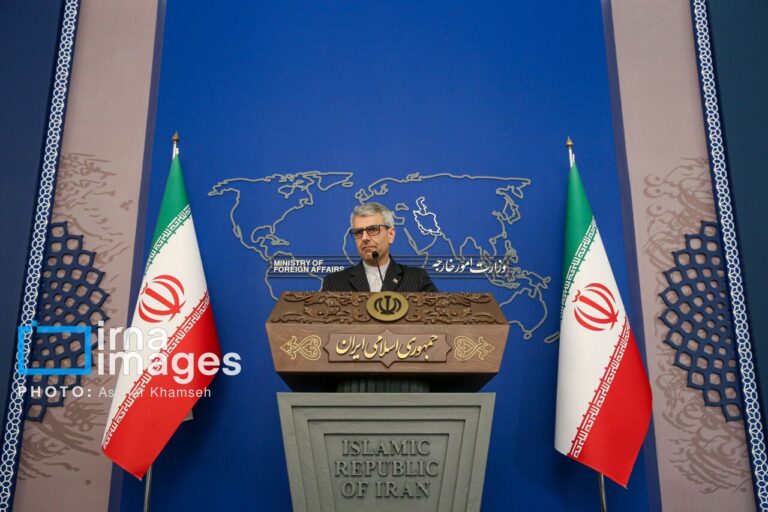
Iran and European Troika Set for Critical Talks in Turkey This Friday, Confirms Foreign Ministry
Iran’s Foreign Ministry spokesperson Esmaeil Baqaei announced a key meeting between senior diplomats from Iran and European signatories of the 2015 nuclear deal, scheduled for this Friday in Istanbul, Turkey. The talks will focus on consultations with Germany, Britain, and France, along with indirect negotiations involving the United States. This marks the fourth meeting of the European troika with Iranian officials regarding the nuclear agreement, following previous delays. Foreign Minister Abbas Araqchi stated that discussions will occur at the deputy foreign ministers’ level, with potential significant implications for future negotiations and diplomatic relations.
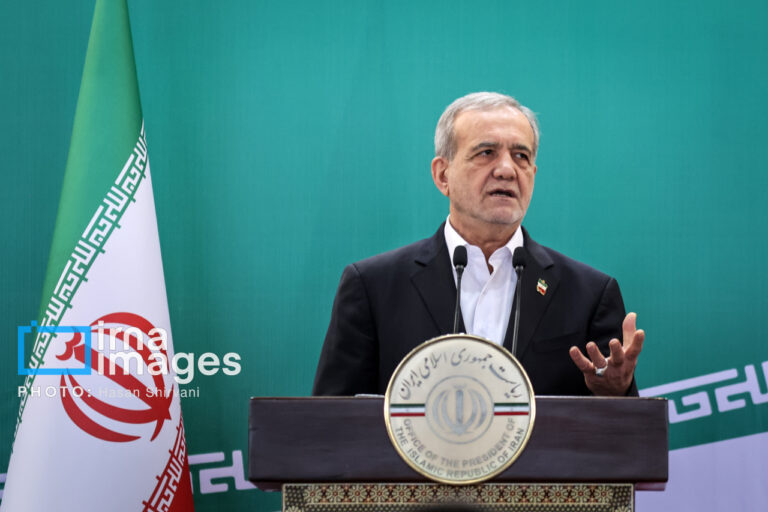
Iran’s Pezeshkian: Engaging in Talks Without Yielding to Bullies
Iran’s President Masoud Pezeshkian announced the country’s intention to negotiate while firmly opposing “bullies,” emphasizing Iran’s commitment to peace in West Asia. He addressed the renewed U.S. “maximum pressure campaign” initiated by President Trump after his 2018 nuclear agreement withdrawal, noting Trump’s willingness to negotiate a new deal. Pezeshkian asserted that Iran would not yield to pressures and criticized negotiations with those harming civilians under the guise of human rights. He underscored that tensions in the region stem from aggressive actions by Israel, not Iran. Additionally, he pledged support for Iran’s industrial sector amid ongoing economic challenges.